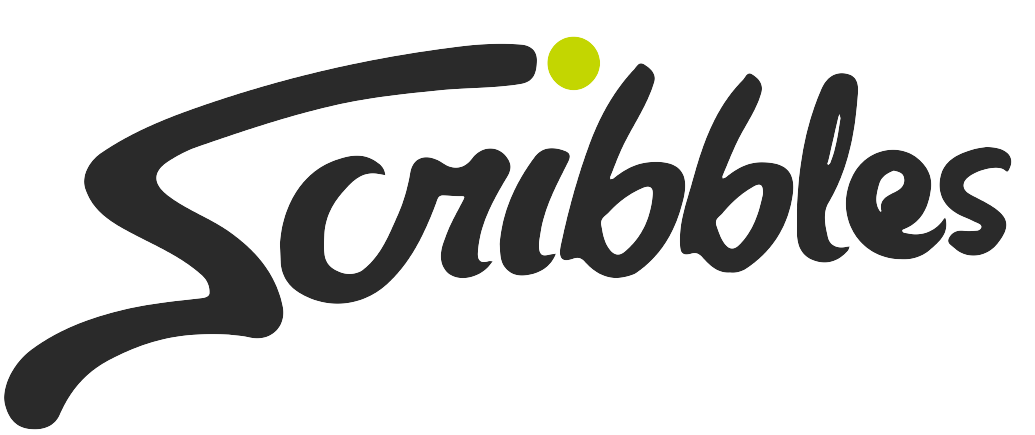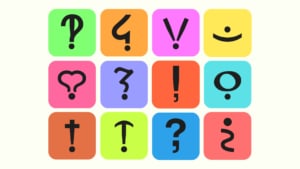Every June, the world lights up with color, music, and stories that deserve to be seen and heard. Pride Month is a global celebration of the LGBTQIA+ community — their everyday wins, the struggles they’ve overcome, and the joy they bring just by existing out loud.
Even if you’re not part of the community, Pride is for you, too. It’s about showing up — as a friend, a family member, a co-worker, or simply as a human being who believes everyone deserves love, freedom, and dignity. And many do show up: from global icons like Taylor Swift, Lady Gaga, and Harry Styles to Filipino allies like Lea Salonga, Catriona Gray, and Juan Karlos, who’ve used their voices to uplift the community in bold and quiet ways.

Image credits: Lea Salonga – people.com; Taylor Swift – Hollywood Life; Lady Gaga – people.com; Harry Styles – GQ; Catriona Gray – Asian Journal News
What is the Pride March?
The Pride March is more than a one-day event. It’s both a protest and a celebration, a space where people from all walks of life come together to demand visibility, equal rights, and the freedom to live and love without fear.
Metro Manila Pride is often held in Marikina, drawing tens of thousands yearly. But the movement doesn’t stop there. Pride has taken root in Cebu, Baguio, Davao, and beyond, proving that solidarity knows no region.
So whether you’re marching, learning, speaking up, or simply listening, pride isn’t just about who you are. It’s also about what you stand for.

50 Must-Know Filipino Gay Lingo Terms
In the Philippines, Pride shines in more than just parades or performances, it lives in the everyday language we speak. Swardspeak started in the 70s as a secret code among queer Filipinos navigating a conservative society. Eventually, it became a mainstream and more accepted cultural force embraced by people from all walks of life, no matter what gender — casually saying things like awra, jowa, charot, or pak ganern proves that queer creativity has been shaping everyone in the society!
Here at RareJob, we celebrate everyone with pride! And to commemorate this special month, we curated a list of iconic terms that slay, sashay, and serve cultural realness!
-
Achim (adjective) – To be less attractive in person (asim)
-
Alicia Keys (verb) – Let’s go; an invitation to move or leave together (alis)
-
Anaconda (noun) – A traitor or someone two-faced
-
Anech / Anez (pronoun/interrogative) – What? (playful version of ano)
-
Antibiotic (noun) – A homophobic person ; someone intense or shady
-
Antokyo Japan (adjective) – Sleepy or feeling drowsy
-
Awra (verb) – To slay, attract attention, or pose glamorously
-
Besh / Bes (noun) – Best friend or close buddy
-
Bet (adverb/interjection) – A versatile term used to express agreement, enthusiasm, or affirmation
-
Borbeg (noun) – a play on tubig or water
-
Chaka / Chararat (adjective) – Ugly, cheap-looking, or unappealing
-
Chrue (expression) – True! A confirmation or agreement
-
Churchill (adjective) – Classy, sosyal, or sophisticated
-
Chz (interjection) – Just kidding; updated and compressed version of “echos”
-
Crayola (verb) – To cry, often dramatically
-
Chudai (verb) – To have sex or hook up (used discreetly)
-
Eme / Emz (interjection) – Just kidding; updated and compressed version of “keme/kemerut”
-
Gandara Park (adjective) – Beautiful, stunning, or glam
-
Gow (verb) – Go; an updated version of “gora” or “gorabells”
-
Hagardo Versoza (verb/adjective) – To feel haggard (inspired by Gardo Versoza)
-
Hanash (noun) – An event, drama, or anything that’s happening
-
Hardashian (adjective) – Hard, challenging, or difficult (inspired by the Kardashians)
-
Havey (adjective) – A success, approved, or something that worked well
-
Indiana Jones (verb) – To ghost or not show up
-
Itech / Itechiwa / Itez (pronoun) – This (“ito” used with dramatic flair)
-
Juicecolored (expression) – Overwhelmed or shocked; from “Diyos ko, Lord!”
-
Jinet Jackson (adjective) – Hot weather (inspired by Janet Jackson)
-
Jowa / Jowabels (noun) – Significant other or partner
-
Julanis Morissette (noun) – Rain or ulan
-
Kalurkey (adjective/expression) – Crazy, overwhelming, or too much
-
Keri / Keribels (verb) – To say OK, or to carry on or handle a situation
-
Kuda (noun/verb) – To talk, rant, or spill something with flair
-
Kween (noun) – A queen, a “dyosa”
-
Lafang (verb) – To eat, usually a lot
-
Lupita Kashiwahara (noun/adjective) – Cruel person; someone mean
-
Mariah Carey (adjective) – Cheap, stingy, or kuripot
-
Maem / Mumshie / Mudra (noun) – Mom or mother figure or madam
-
Nakshie (noun) – To say “my child” or “anak;” updated version of “junakis”
-
Pakak (adjective) – To say something is fabulous, amazing, or excellent
-
Sayoncé (verb) – She said; a sassy way of quoting someone
-
Shelemet (interjection) – Thank you (from salamat)
-
Shunga (adjective) – Stupid, silly, or clueless
-
Soafer (adjective) – Super
-
Soafer Latina (adjective) – Beautiful, stunning, or glam
-
Splook / Spluk (verb/adjective) – To disappear or vanish suddenly, like ghosting
-
Stress Drilon (verb/adjective) – Stressed or overwhelmed (inspired by Ces Drilon)
-
Smelanie Marquez (adjective) – To stink (inspired by Melanie Marquez)
-
Truedafire (adjective) – True, or to say that you agree with something
-
Truthpaste (noun) – The harsh truth; honesty that stings
-
Wit / Wiz / Wititit / Wishkamamang (noun/adjective/adverb) – To say no or disagree with sass
Speak Loud and Proud
Yes, there’s glitter, glam, and drag walks. But beneath the sparkle is a more profound truth: the fight for safety and equality isn’t over.
Whether LGBTQIA+ or an ally, using these words is a simple but powerful way to show respect, joy, and solidarity. Language connects us. Especially in the Filipino queer community, that connection means everything.
So don’t just add a rainbow filter this Pride Month—live it. Share the lingo, laugh at the sass, and celebrate the resilience behind every bongga phrase and slay moments. Behind the fun is a community saying: “We’re here, we’re proud, and we belong.”
Happy Pride! 🏳️🌈
References:
- https://beelinguapp.com/blog/a-quick-tutorial-to-learning-gandara-park-&-more-beki-words
- https://www.usmagazine.com/entertainment/pictures/celebrity-lgbt-allies-2011216/
- https://www.gmanetwork.com/entertainment/celebritylife/news/20700/celebrities-who-are-proud-allies-of-the-lgbtqia-community/photo/320658/klarisse-de-guzman
- https://britishlgbtawards.com/top-10-celebrity-allies-2023/




